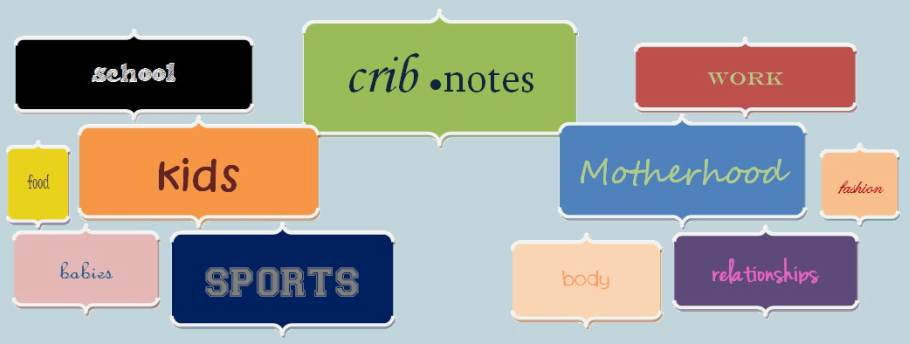Ultimately, I’m left with one overarching question: Why is it seen as an indulgence or privilege to stay home with a new baby?! So many women are forced to return to work just weeks after giving birth—with a breast pump in her hand and a baby on her mind.
I love the United States and would not trade my citizenship for anything. However, if there was ever a time that I second guessed that statement, it was the first time I read about how poorly the benefits for mothers in the US are compared to other, often significantly less-developed, nations. The Federal Family and Medical Leave act stipulates that required employers (specific rules determine obligation) allow eligible employees (again, more rules) up to 12 weeks of unpaid leave within a 12 month period for birth of the employer’s baby, for adoption procedures, to care for an immediate family member with a medical condition, or for medical leave when they are unable to work due to a serious health condition. Additionally, the employee has the right to return to the same (or an equivalent) position.
In addition to the Federal act, there are 11 states that have similar statutes. Some are better than others; California, Washington, and New Jersey offer partially-paid leave. Here’s a look at how we stack up next to a few other countries:
Australia, the only other industrialized country in the world that does not offer paid leave to new mothers, is the closest in comparison but outdoes the US by protecting your job for a full year.
In Canada, new moms get up to 17 weeks of pregnancy leave and an additional 35 weeks of parental leave. Plus, dads can take up to 37 weeks off, either at another time or overlapping with the mother’s leave!
German mothers enjoy a 14-week job-protected maternity leave, and collect 100 percent of their wages. After that time, paid leave is available to both parents until the child turns three.
Six to 10 weeks of prenatal leave and eight weeks of postnatal leave are paid at 60 percent in Japan.
Looks like what they say about doting Italian parents may just be true! After a five-month period of maternity leave paid at 80 percent, parents can take ten-month periods of leave, together or separately, at 30 percent of their earnings until the child's eighth birthday!
How do you feel about moving to France? France may offer the best support for parents, boasting a fully paid, job-protected, mandatory maternity leave starting six weeks before the baby’s birth and extending to 10 weeks after. After that, either parent may be granted additional leave as needed up until the child’s third birthday.
Sorry to get so technical on ya’—Details of eligibility and arguments over the level of involvement that the government should have are exhaustive. Although the number of children you have should not be determined by your income level, you need to take financial responsibility. Maternity leave and newborn care are just the beginning of a lifetime of liability. Daycare is another whole subject (sadly US citizens fare no better here).


 RSS Feed
RSS Feed
